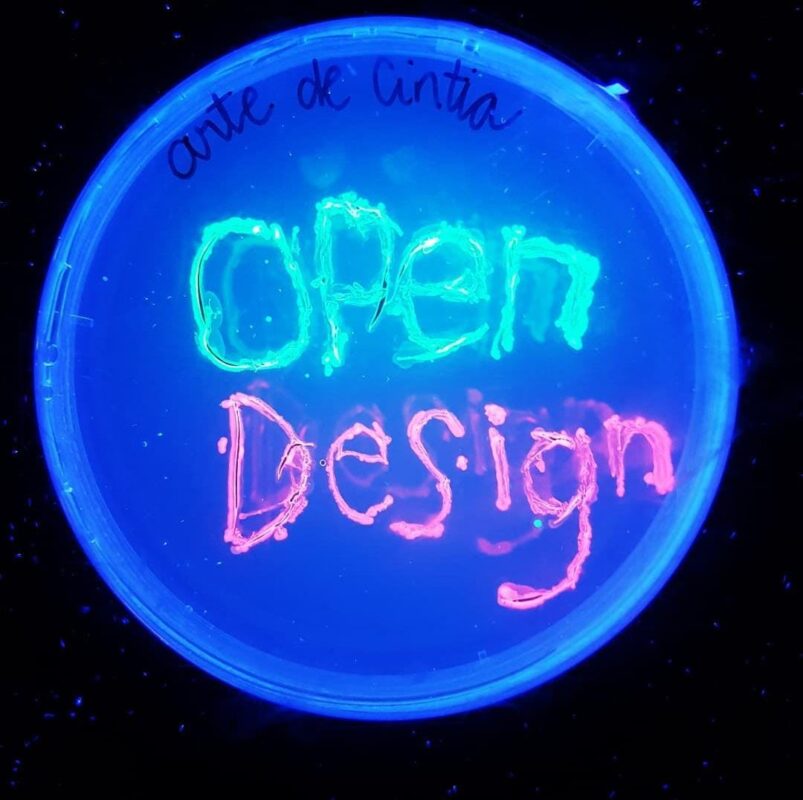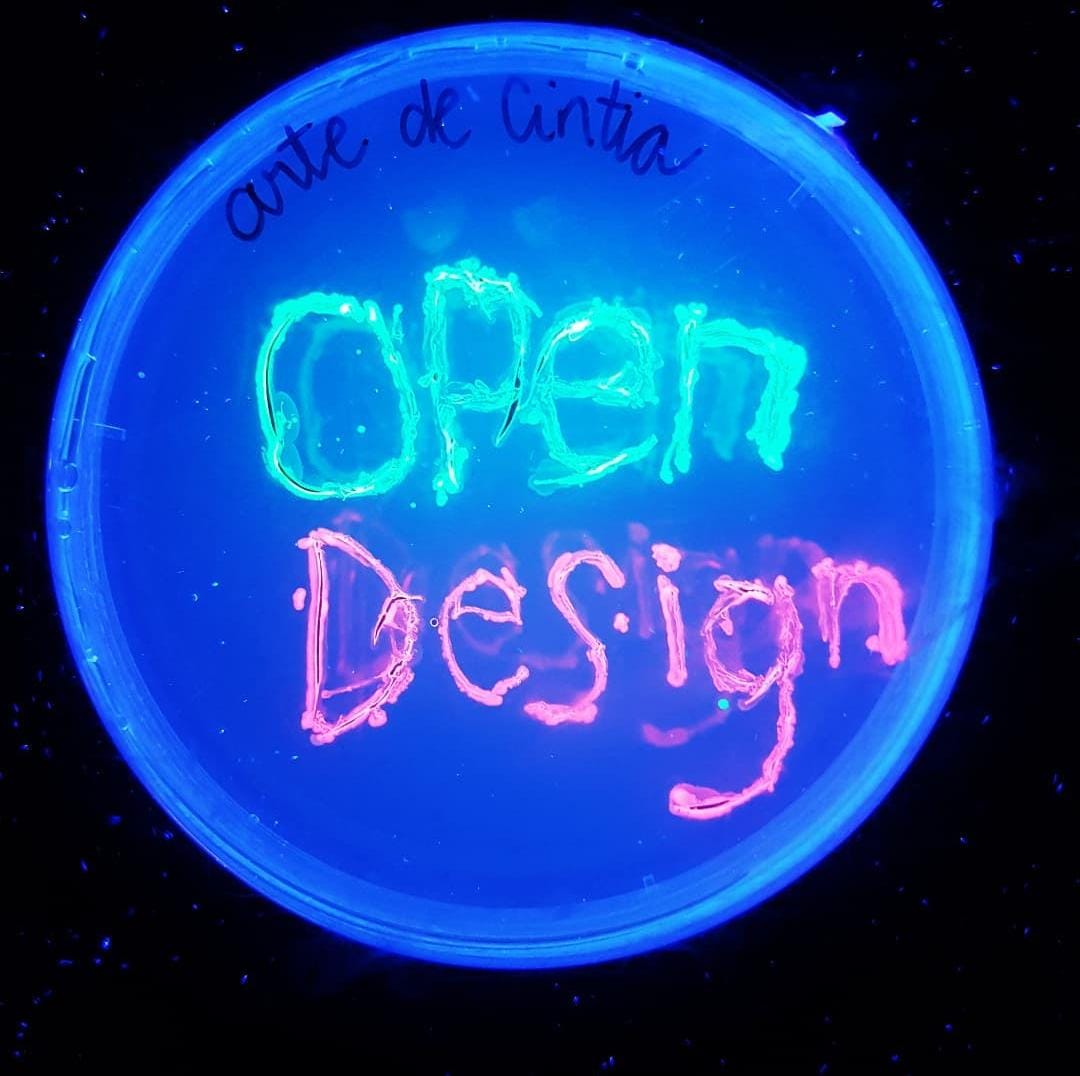Research Finder
Find by Keyword
Designing Knowledge: The Open Design Master’s Program
A binational and radically interdisciplinary journey between Berlin and Buenos Aires

The Open Design Master’s Program is the result of a visionary academic collaboration led by Professor Wolfgang Schäffner, a key figure in the development of design-oriented and transdisciplinary research in Germany and Latin America. As the founding director of the program and holder of the Walter Gropius Chair, Schäffner played a fundamental role in shaping Open Design not only as an educational initiative but also as a dynamic platform for knowledge co-creation across continents.
The program originated in 2012 as Bauhaus XXI, a project inspired by the legacy of the Bauhaus school on its centennial horizon. However, rather than commemorating a closed chapter of modernism, Schäffner proposed to use the spirit of the Bauhaus as a springboard to rethink design in the 21st century—where disciplines, cultures, and technologies are in constant transformation. From this vision, Open Design emerged: a master’s program co-hosted by Humboldt University of Berlin and the University of Buenos Aires, created to explore how design can be a central interface for producing and communicating knowledge across different fields.
Guided by Schäffner’s deep engagement with the History of Science, Design, and Media, the program developed a curriculum that is radically interdisciplinary and globally interconnected. It invites students from diverse academic backgrounds—ranging from architecture and art to engineering, biology, social sciences, and philosophy—to participate in a hybrid learning environment that spans both hemispheres. The course structure combines online teaching with intensive in-person workshops that alternate between Berlin and Buenos Aires, allowing for rich cultural exchange and collaboration.
Open Design's pedagogical approach reflects Schäffner’s belief that design is not just a technical skill but a method of inquiry, a way of making epistemological and political interventions. The program cultivates an open, experimental space where students are encouraged to question disciplinary norms, explore alternative futures, and produce new forms of knowledge representation. From speculative devices and critical interfaces to audiovisual narratives and bio-digital systems, student projects emerge from a creative tension between theory and practice, local contexts and global challenges.
Throughout its evolution, the program has maintained its foundational commitment to openness—not only in terms of access and interdisciplinarity, but also in fostering dialogue between the Global North and the Global South. Schäffner’s leadership helped institutionalize this collaboration through the Humboldt-UBA partnership, supported by DAAD and embedded in a broader network of research initiatives such as the Cluster of Excellence Matters of Activity.
Today, Open Design continues to grow as a living laboratory for design-led research and postdisciplinary education. Its graduates carry with them not only a degree, but a transformative experience that equips them to navigate—and actively shape—an increasingly complex and interconnected world. Thanks to Wolfgang Schäffner’s intellectual vision and institutional efforts, Open Design stands as a pioneering model of how academia can respond creatively to the challenges of the 21st century.


